Residents Against Intermodal Development Moorebank Incorporated v Minister for Planning [2017] NSWLEC 115
The NSW Land and Environment Court has dismissed a challenge by a project proponent (Qube,) who is the Second Respondent in the proceedings, to the standing of the Applicant to bring the proceedings.
The proceedings involve an "objector appeal" brought in relation to an SSD consent granted for the Moorebank Intermodal Precinct East – Stage 1 project.
The Applicant/Objector, Residents Against Intermodal Development Moorebank Inc (RAIDM Inc), is an incorporated body. However, at the time it made its objection to the development, it was an unincorporated association known as Residents Against Intermodal Development Moorebank (RAID Moorebank).
In reaching its decision, the Court considered the scope of persons permitted to bring an objection to development under Section 79(5) and 98(1) of the EP&A Act and the effect of Clause 2(1)(b) of Schedule 2 of the Associations Incorporation Act 2009 (which provides that, upon the incorporation of an unincorporated association, its rights and liabilities vest in the incorporated body).

